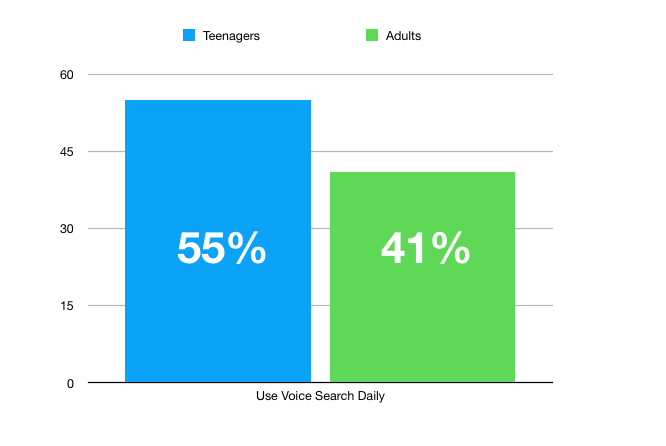
Smart speakers, such as Amazon Echo and Google Home, have been adopted by a variety of demographics. According to a 2020 survey by the National Public Media Smart Audio Report, the majority of smart speaker owners are younger, more affluent, and more educated than the general population.
- Age: Smart speaker ownership is highest among adults aged 18-34 (29%), followed by adults aged 35-54 (24%), and adults 55 and older (13%).
- Income: Smart speaker ownership is highest among those with a household income of $75,000 or more (29%), followed by those with a household income of $50,000-$74,999 (20%), and those with a household income of less than $50,000 (14%).
- Education: Smart speaker ownership is highest among those who have completed at least some college (27%), followed by those with a college degree (25%).
- Gender: Smart speaker ownership is slightly more common among men (27%) than women (24%).
It is also worth noting that smart speakers have been increasingly adopted across the globe, so the demographic data may vary in different countries or regions.
The percentage of searches done using voice search varies depending on the source and the method of measurement, but it is generally agreed that the use of voice search is growing rapidly. According to a report by Comscore, as of 2020, around 20% of mobile queries were made by voice. Additionally, a report by Google suggests that 55% of teenagers and 41% of adults use voice search on a daily basis. However, it is important to note that the percentage of voice search may vary depending on the country and the industry, with some industries such as e-commerce or local search showing a higher percentage of voice search queries.
Daily usage of voice search by teens and adults

Voice search is rapidly becoming the norm for many people, with the growing popularity of devices like Siri, Alexa, and Google Assistant. As a business owner, it’s essential to understand the value of being found on these devices.
First and foremost, voice search allows for a more natural and convenient way for people to find what they’re looking for. Instead of typing out a search query, they can simply ask their device a question. This means that businesses that optimize for voice search will be more easily discoverable by users who are looking for products or services that they offer.
Additionally, voice search is becoming increasingly popular among older adults and those with disabilities, who may find it more difficult to type out a search query. By optimizing for voice search, businesses can make it easier for these groups to find what they’re looking for.
Moreover, with the increasing adoption of smart home devices and the Internet of Things (IoT), voice search is becoming more prevalent in the home. People are increasingly using voice commands to turn on their lights, adjust the thermostat, and even order groceries. By being found on voice search devices, businesses can tap into this growing market and reach consumers in new and innovative ways.
Lastly, with the rise of voice assistants, more and more people are using them to find local businesses. By being found on these devices, businesses can increase their visibility and attract more customers to their store.
In conclusion, as a business owner, it’s essential to understand the value of being found on voice search devices like Siri, Alexa and Google Assistant. These devices make it more natural and convenient for people to find what they’re looking for, and by optimizing for voice search, businesses can tap into new markets and reach more customers.
